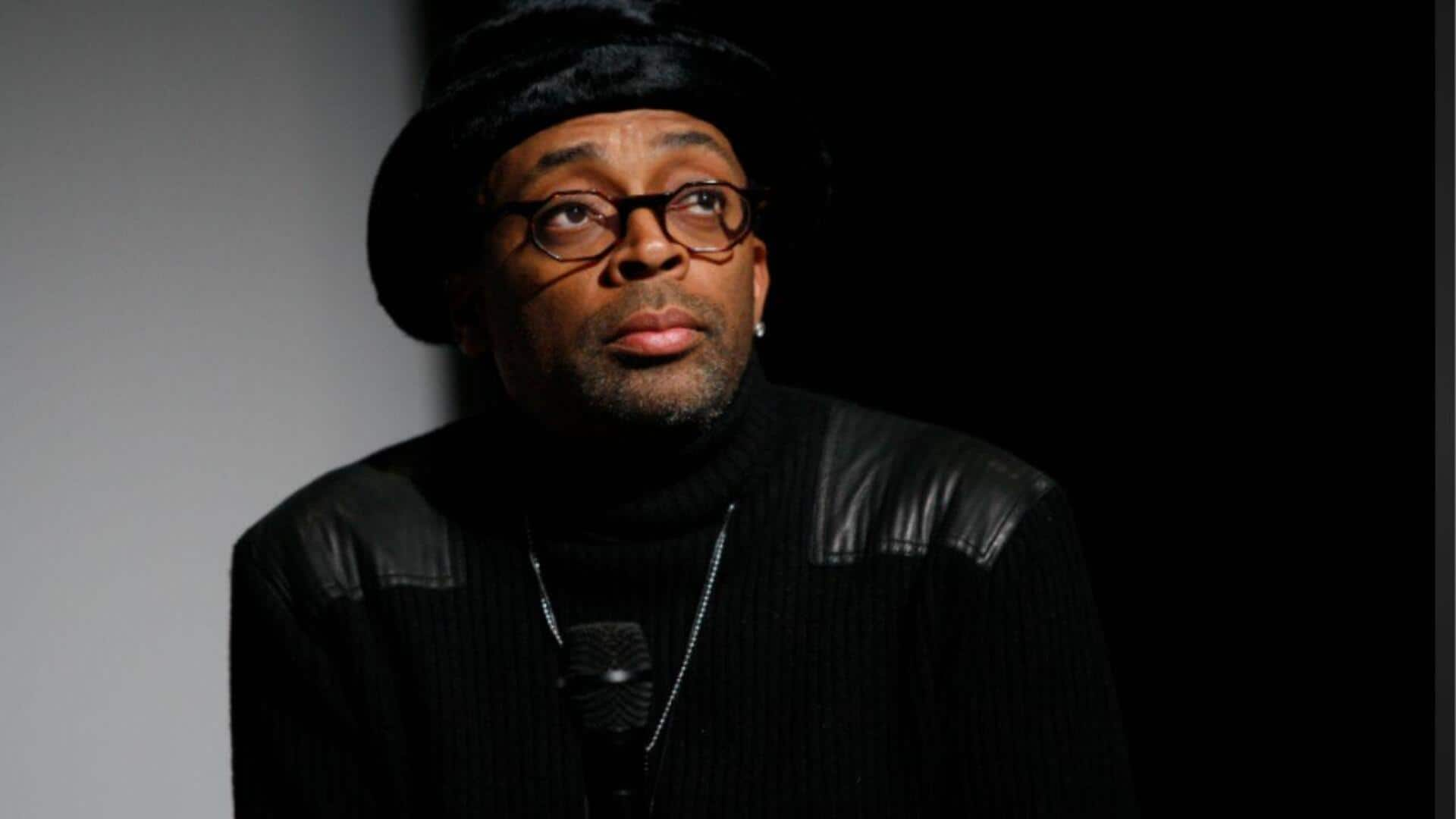
How Spike Lee redefined storytelling in cinema
What's the story
Spike Lee has been a game-changer in Hollywood, redefining how cultural stories are told on-screen. With his audacious storytelling and distinct vision, Lee has always pushed the envelope. His work frequently addresses social issues and amplifies the voices of marginalized communities. In doing so, he has not just shaped the film industry but also ignited crucial dialogues about race, identity, and justice.
#1
'Do the Right Thing' as a catalyst
Released in 1989, Do the Right Thing is one of Lee's most influential films. It deals with racial tensions in a Brooklyn neighborhood on a hot summer day. The film's raw portrayal of conflict, community resonated with audiences and critics alike. It pushed boundaries by showing complex characters and situations that reflected real-world issues. This film set a precedent for future filmmakers to explore similar themes with authenticity.
#2
Innovative storytelling techniques
We all know how Lee is a master at storytelling, but what really makes it engaging is his technique of directly addressing the audience. Often, the characters speak directly to the camera, which creates a certain intimacy with the audience. Not to mention the use of colors and angles in his films, which gives the narratives more depth.
#3
Focus on social justice themes
Social justice has been a recurring theme in Lee's work. Films like Malcolm X, BlacKkKlansman delve into history while drawing parallels to contemporary issues. By highlighting systemic inequalities through compelling stories, Lee urges viewers to reflect on societal structures. His commitment to these themes has made him an influential voice in advocating for change within Hollywood and beyond.
#4
Empowering underrepresented voices
Lee's 40 Acres and A Mule Filmworks is another champion of underrepresented voices in Hollywood. It provides diverse talent opportunities, whether behind or in front of the camera, from directors to writers, who may get overlooked by mainstream studios. Such an initiative goes a long way in making the industry inclusive, breaking stereotypes, and casting decisions. Thus, reshaping the entertainment landscape towards diversity.